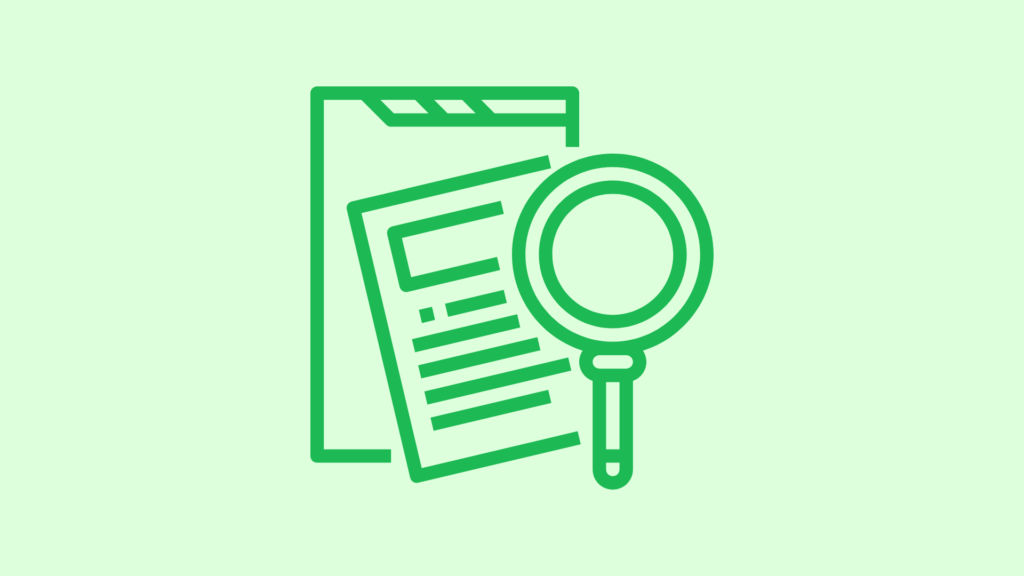Buying a business? Sounds pretty expensive to do so, right? Yes and no. It all depends on the business you’re buying.
A great deal of research should be done if you decide to buy a business to make sure it’ll be valuable to you.
This may be time-consuming and complicated, however, to buy a business provides a relatively quick start compared to having to start from scratch.
To get a good idea of what it takes to buy a business, let’s discuss further;

‘Why should I buy a business?’
To answer these questions, here are some possible persuasions for you.
As mentioned above, buying a business allows an entrepreneur to begin at a point where there’s no need to build a reputation but instead grow the reputation further.
In cohesion to this, if a business is already established this means the business has access to a proven market for goods and services; in other words, connections are already in place which for a start-up takes considerable time to require.
Investment. As simple as that. If the business is already generating sales, this is clear evidence that the next owner with good luck can keep this viable market and continue to provide an income. Overall, decreasing the risk of starting a business.
If an entrepreneur already has an existing business alongside buying a new business this gives them the opportunity to expand geographically.
Lastly, buying a business welcomes new staff and assets which will bring new skills and technologies along, all that will enable the entrepreneur to expand their own personal development.
‘Why might I not buy a business?’
Financing the buy is a difficult process as to find an initial lump sum payment or to take out a loan is a long process, to begin with.
In reality, it might be a quicker process than starting from scratch but it can be more expensive than starting up. It’s not just the action of buying a business, it involves buying all the stock already provided etc.
A significant investment of your own time will be required with no guarantee of a deal.
Additional costs as well can be required after the purchase, even when the research is comprehensive and carefully detailed. Sometimes unexpected risks appear putting a strain on the newly bought business. External factors such as law changes can relate to this.
Finally, interest. Interest can be applied on the return of investment leading to additional business running costs. Loans can also require security against existing business assets or the new business owners personal assets, therefore adding risk.
Get the ulimate guide to start a business

‘Where can I buy a business?’
The main websites with listings for either small or medium-sized businesses for sale located around the UK include:
- Dalton Business
- BusinessesForSale.com
- RightBiz
- Nationwide Businesses
- Business Sale Report
- Even Gumtree and eBay!
Restaurants, Hotels and Bed and Breakfasts can be seen on Rightmove, Zoopla and Prime Location!
Other than typical websites, there is another way that is seen as more reliable and ensures confidentiality; business brokers and can be also known as business transfer agents.
Business brokers can be a person or a firm that assist business owners with the sale of their business. They primarily help a business owner secure a good price, deal with the legalities like licences as well as help business owners to fill paperwork appropriately.
Business brokers take a percentage of the sale as their payment, usually.
A bit of advice, investigate

Ask yourself, why is this business for sale?
The reason said by the owner may not be the full story. To do an in-depth investigation on the background of the business is wise. A frequent reason for an owner to sell is simply retirement likely ready to settle.
It’s important to realise what the motivation was for the owner wanting to sell, was this due to changes in tax? Or a shrinking market? Reasons like this are a reason to not want to buy.
Money talks
The real value of any business is determined by the market value; simply put, the price the buyer is willing to pay and the seller is willing to accept.
An initial valuation can help to determine a price, this is done by inspecting the financial statements of the business. There are many different ways of financial valuation but not all can be applied to any business. Some of these methods include;
Asset valuation:
This is the effort of determining the worth of the business by combining the worth of all assets together, such as cash, property and machinery etc, minus liabilities of the business. Revenue that could be generated in the future is not accounted for in this.
Netbook value (assets showing in the business’s accounts) allow a starting point for an asset valuation of a business. Account variations like property or other fixed assets that possibly have changed since the beginning of accounts and bad debt should be included in asset valuation as well.
Further, other important intangible assets that are less easy to price up such as the value of the existing consumer base and reputation of the business do not appear on the balance sheet (a statement of a business’s assets, liabilities, and owner’s equity as of any given date.)
Discounted cash flow:
A cash flow forecast is a prediction of how much money is coming in and out of the business over a certain period of time. To learn more about Cash Flow Forecasting click here!
These forecasts offer a good idea of what revenue the business is making.
If by the end of the year the cash balance is higher than the start this is a good indication of a good business. Indifference if the cash balance is lower indicates that the business isn’t very profitable.
The profit multiple:
In this, it takes annual profits (adjusted for the owner’s remuneration) before interest and tax and multiplies them by a figure appropriate to the type and size of the business or sector. This is ideal for businesses that have been running for some time.
Accounts should be analysed over a period of at least three years to cover longer-term growth.
Continuing on with valuing a business it’s vital to look at offer account factors to give a clearer and true picture of the value.
These include sector performance and prospects as well as looking at comparable businesses in the same industry can help to see if the value is realistic. Whilst looking closely at the business/sector you may see factors that decrease the value; Long-term debt, conditions, uncertainty and staff leaving once the business is bought etc.
Get the ulimate guide to start a business

Heads of terms agreements
After all the valuing is completed, a conditional offer can be made. Leading to the heads of terms agreements being drawn up for signatures from both parties.
The heads of terms agreements state the general terms of what is being bought and how the sale is done; seen as a pre-contractual agreement similar to a letter of intent.
Things such as;
- If a business is limited, would the buyer be buying shares?
- Will the buyer purchase only assets not the liabilities?
- How payment will be made?
- A period of exclusivity will be made.
- The seller’s warranties.
Should be accounted for when developing the head of terms agreements.
These are not usually legally binding documents, however, if certain situations arise they can be made to be. It’s important if certain heads of agreements do state that they are legally binding and should be drafted or reviewed by a solicitor.
Due Diligence
To make sure the potential buyer’s impression is accurate due diligence takes place. Due diligence is the process of gathering all the relevant information about the business being sold.
Doing this takes up the owners time and disrupt the business, it’s a process that includes commercially sensitive information and is completed after the heads of terms agreements.
Within due diligence, the following should be carried out:
- Checking the books, making sure that the past three years of balance sheets, cash flow forecasts and profit and loss statements are accurate and passed by a financial expert or accountant.
- Physical assets, inventory and stocks have been checked.
- That the business is running legally. Tax records, permits, health and safety and employee condiditions are examined.
- Assurance, that there are no hidden liabilities.
- The business should be verified to have no outstanding legal issues or pending litigation.
- Assets against secured debts have to be checked.
- Maintenance records of machinery and property records be investigated to ensure upkeep and not been deferred to save money before a sale.
- Have a good understanding of current and future contracts and obligations; might include long-term installements to suppliers and any binding contracts the new owner will need to honour.
All the above needs to be thoroughly checked.
Settling up
There are a few ways someone might finance a purchase.
Someone might finance from their own funds or borrow money from friends and family. This can be quite useful to a small business owner and the loan can be interest-free and more flexible than a commercial loan.
Another way is a loan from the bank. This will be secured against the business being purchased or any other asset; the use of a second mortgage against the buyer’s own home is common too.
Even the seller might offer finance to the buyer. This can be structured in many ways.
Primarily the seller will offer the buyer a loan and the buyer will use this to finance part of the purchase. The buyer then has to pay off instalments.
If you are someone looking into buying a business we hope you’ve found this article useful and if you have any queries drop us an email! We at EMS want to help!
Here at EMS we have various business advisors with plenty of advice to give!
So don’t forget that we are designed to offer guidance and advice, get in touch with us!
Get the ulimate guide to start a business


